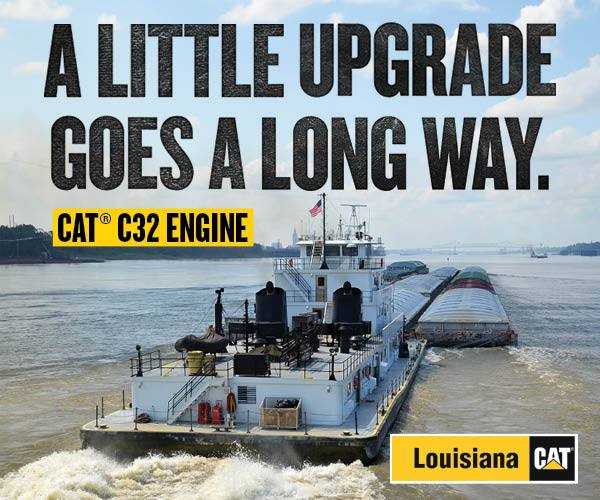Triple Deadline Holds Multiple Threats To Commerce
Seldom has a single date loomed with more menace to commerce than September 30. By chance or coincidence, it contains a triple deadline.
That’s the deadline for Congress to pass a comprehensive government spending bill to avoid a government shutdown, and the signs are not encouraging. The latest effort to get a spending bill passed was rejected by the House, as 14 Republicans joined Democrats to reject Speaker Mike Johnson’s favored stopgap spending bill. With less than two weeks to go, it’s back to square one for crafting an acceptable stopgap bill.
September 30 is also the deadline by which California Gov. Gavin Newsom must either sign, or not sign, Assembly Bill 1122, passed overwhelmingly by the California legislature with only one dissenting vote. The bill would override a damaging pending rule by the California Air Resources Board to impose an unsafe and unworkable emissions device on all harbor craft except fishing vessels. In effect, the rule would drive harbor craft from the water, including tugs necessary for commerce. You would think any governor would sign a bill so overwhelmingly endorsed by both parties. CARB has attempted an end run around the proposed bill with its own executive order, which offers a reluctant, partial and immediately revokable exemption. The American Waterways Operators and maritime interests say that’s insufficient. Despite the overwhelming bipartisan support for this bill, maritime interests still feel it’s necessary to continue urging Newsom to sign it.
Finally, September 30 is the deadline by which the International Longshoremen’s Union is threatening to shut down east coast and west coast ports with a strike if their demands, including a 77 pecent pay increase over a 3-year period, are not met. It’s hard to tell how much of ILA president Harold Daggett’s tough rhetoric is posturing for a negotiating position. The Wall Street Journal reports that importers are already stockpiling goods for the holiday season to prepare for the strike. At press time, the terminal owners had not even met to agree on a common strategy, much less sat down at the table with the longshore union.
We can only hope that all three situations will be resolved properly and in ways that won’t needlessly punish American consumers and businesses. Gov. Newsom needs to listen to his legislators and the maritime community and sign the harbor craft fix. Union officials and terminal operators need to come to some kind of agreement, and Congress needs to get its act together and come up with at least a workable stopgap spending bill.


